When Bob Dylan covered Leonard Cohen’s “Hallelujah” in a concert in Toronto in 1988, not many people had heard the song. Many years later millions had heard it thanks to covers by John Cale and Jeff Buckley. The song became so ubiquitous that hundreds of singers began recording their versions of the song—ranging from terrible to mediocre to decent to good enough. It even became a go-to, show off your voice number on shows like American Idol and popular films like Shrek. The covers were performed so often that Cohen once suggested that a moratorium be declared on singing it. It made no difference. It seemed everyone had to have a go at it—from country artists to pop divas and jazz singers and Broadway belters. “Hallelujah” became a standard.
On the surface, it might seem that Dylan and Cohen approached songwriting in the same way. Both use words in ways that often seem more like poetry than most of the lyrics of rock and roll or Tin Pan Alley before rock music destroyed its fan base. But there are quite pronounced differences that separate their respective approaches to writing songs.
Once, having coffee together in Paris when both had concerts dates in the city around the same time, they took some time to talk shop. When Dylan asked him how long it had taken him to write “Hallelujah,” Cohen lied and said two years. He later admitted it had taken him over five years. Cohen asked Bob how long it had taken him to write “I and I,” Dylan replied, “About fifteen minutes.” Sometimes Cohen’s patience resulted in a better song than Dylan’s spontaneity.
If words were weapons, Dylan’s would-be bullets from a Gatling gun, while Cohen’s were carefully-formed rapiers. Cohen’s inspiration for his lyrics came primarily from poets like Whitman, Yeats, and others who were part of the literary canon. In his fiction, it was Henry Miller. He named his daughter Lorca, after perhaps his greatest influence the Spanish poet Federico Garcia Lorca; Dylan’s mostly from wild men like Rimbaud or Allen Ginsberg, poets wilder than even Walt Whitman. Both Cohen and Dylan used the Bible as a source of powerful language and allied it to the mystical tradition that surrounds the Bible and comes to full flower in Apocrypha, the Gnostic texts that didn’t make the cut when the Bible as we now know it was made the official text of an amended religion, and the Jewish mystical texts, including the Kabbalah that supplement the Hebrew Bible and to make their lyrics take on a sense of mystery in its most memorable parts, as poetry rather than dogma. Dylan has recently referred to Cohen’s songs as prayers and he’s right. Songs like “Who by Fire“ and “If It Be Your Will” are like modern prayers or psalms that never become dated because they touch on the human condition in ways that make them ancient and contemporary at the same time. Dylan’s use of the Bible, even before and after his three years as a Bible Thumping Christian, has a less mystical tone and more anger in them than Cohen’s. A touch of anger sometimes appears in Cohen’s songs, but it is usually tempered by wit and a deeper wisdom.
Cohen once said that he was comfortable in the Biblical landscape and adapted it to modern and timeless themes in its most memorable parts. Dylan was never comfortable. His lyrics were often written in a prophetic voice. No wonder Dylan was more prolific. He started writing songs at a young age; Cohen started writing poems set to his unconventional melodies while Dylan's were rooted in blues and folk music. In “Suzanne” as opposed to “The Times They are A-Changin’,” Suzanne takes you down to her place by the river but Dylan calls out to senators, and congressmen to please heed the call and not to stand in the doorway and block up the hall and makes it a stern warning. Dylan can be more “lyrical” in songs like “Girl from the North Country” and “Boots of Spanish Leather” while Cohen can be angry on songs like “Everybody Knows” and “The Future,” but given the former’s spontaneity and the latter’s precise use of words, the distinction mainly holds.
Cohen began with poetry before Dylan had graduated from high school and came late to folk and then rock. His first book of poems, Let Us Compare Mythologies, was published while he was still in college. Cohen hung out with poets at McGill University where they competed with each other as would-be poets, while simultaneously rebelling against the old guard. But his recording career began only after Dylan had already become an international sensation.
Dylan started by playing aggressive Little Richard-style piano in teenage rock and roll bands. Around the same time, he learned to play rhythm guitar and only switched to an acoustic model once he heard Woody Guthrie, Lead Belly, Odetta and other folk artists at about the same time top forty radio discovered the Kingston Trio and Peter, Paul and Mary. He was taken by the poetry of the older songs and made them the models for the songs he would soon write. But before his transformation took place, as he mentioned prominently in his Nobel Price acceptance speech, he was transfigured by seeing Buddy Holly perform live just before he died in a terrible plane crash en route to the next stop for the tour he and his band were part of. When he went electric in the mid-60s, it was as if he had been only waiting for the right time to bring rock to folk and folk to rock.
Later he was so taken by Woody Guthrie's style and songwriting ability, he began to sing like him and visited Woody in the hospital and sang for him. His early songs often told stories that sounded like Guthrie but while they were sung to his own acoustic guitar accompaniment, they had a what some critics called a rock and roll attitude. His songs told stories that like Woody’s before him were somewhat poetic but with a clear political message. Songs like “Blowin’ in the Wind” and “The Lonesome Death of Hattie Carroll” made political points but managed to be topical songs that were vague enough to be timeless because they spoke not just to events but the human predicament.
By the time his first full-time electric band, then known as The Hawks but soon to become The Band, joined him onstage, he began writing the songs that owed a lot to surrealist poets, beat poets, R&B and the blues—all brought together as they had never been before.
Cohen, surprisingly for a Canadian college graduate from urban Montreal, tried to become a country & western songwriter in Nashville and lived in a dirt-cheap rural cabin that had once belonged to Felice and Boudleaux Bryant, who had written hit songs for the Everly Brothers and other country rock singers. It was only later that we learned he had played square dances in the French-Canadian city with his teenage group The Buckskin Boys. Put Canadian courtliness together with poetry and French Chanson tradition and you end up with Leonard Cohen. It’s safe to say that no one else has ever tried to make popular music from a combination of such disparate strains.
Dylan famously said that Keith Richards of The Rolling Stones could never have written “Like a Rolling Stone” while he could have written “Satisfaction.” Inspired wordplay where lyrics come at the listener nearly too fast to be understood in one listening, take us into Kerouac territory, while the Stone’s song remains made for the jukebox or top forty radio.
The voice makes a critical difference, too. The young Dylan could sing tenderly when the occasion required it but Cohen’s voice was more seductive. In his later years, his voice deepened to the point he was often called the Jewish Johnny Cash by many fans and critics. This is particularly obvious in Cohen’s bootlegged version of Paul Simon’s Sounds of Silence, recently covered in an edgy version by Dave Draiman of the metal band Disturbed that helped make it popular with a new generation of listeners. Cohen’s voice was more evocative than either Simon’s or Draiman’s.
Dylan proved he could croon Nashville style on “Lay Lady Lay” but Cohen’s “I’m Your Man" made it seem an adolescent dream compared to Cohen’s adult version of romance, a song that grown women swooned over, especially when they heard it live. The lyrics made that happen. They seemingly put an end to the common description of Cohen’s songs as lyrics to slit your wrists by.
Early in their respective careers, Dylan and Cohen formed a mutual admiration society. When shortly before he died Cohen was asked to comment on the younger songwriter’s recently announced Nobel Prize, he compared it to pinning a medal on Mt. Everest for being the highest mountain. He had always credited Dylan for showing him that intelligent lyrics had a place in popular music. When Dylan was asked about Cohen in a New Yorker piece about the older poet, published only a short time before his death at 82, Dylan, who always seems to have an uncanny ability to notice things others often miss, commented, “His gift or genius is in his connection to the music of the spheres. Dylan went on. “In the song ‘Sisters of Mercy,’ for instance, the verses are four elemental lines which change and move at predictable intervals. . . but the tune is anything but predictable. The song just comes in and states a fact. And after that, anything can happen and it does, and Leonard allows it to happen. His tone is far from condescending or mocking. He is a tough-minded lover who doesn’t recognize the brush-off. Leonard’s always above it all. ‘Sisters of Mercy’ is verse after verse of four distinctive lines, in perfect meter, with no chorus, quivering with drama. The first line begins in a minor key. The second line goes from minor to major and steps up, and changes melody and variation. The third line steps up even higher than that to a different degree, and then the fourth line comes back to the beginning. This is a deceptively unusual musical theme, with or without lyrics. But it’s so subtle a listener doesn’t realize he’s been taken on a musical journey and dropped off somewhere, with or without lyrics.”
Who is the better songwriter, Dylan or Cohen? Dylan is much more prolific and has a broader stylistic range but Cohen is more focused, and more concise, and more melodic. Although some see it differently, Dylan deserved his Nobel Prize for Literature, making the case that finally it makes no difference if a writer writes novels, stories or poems. Songs like all art forms are about how they make the reader—or listener—feel. In the way all great art does.
So, I’d call it a toss-up. Nobel Laureate or not, Leonard Cohen was a contender. His legacy will not be tarnished by anyone else’s lack of recognition. I’m betting that Dylan would agree.


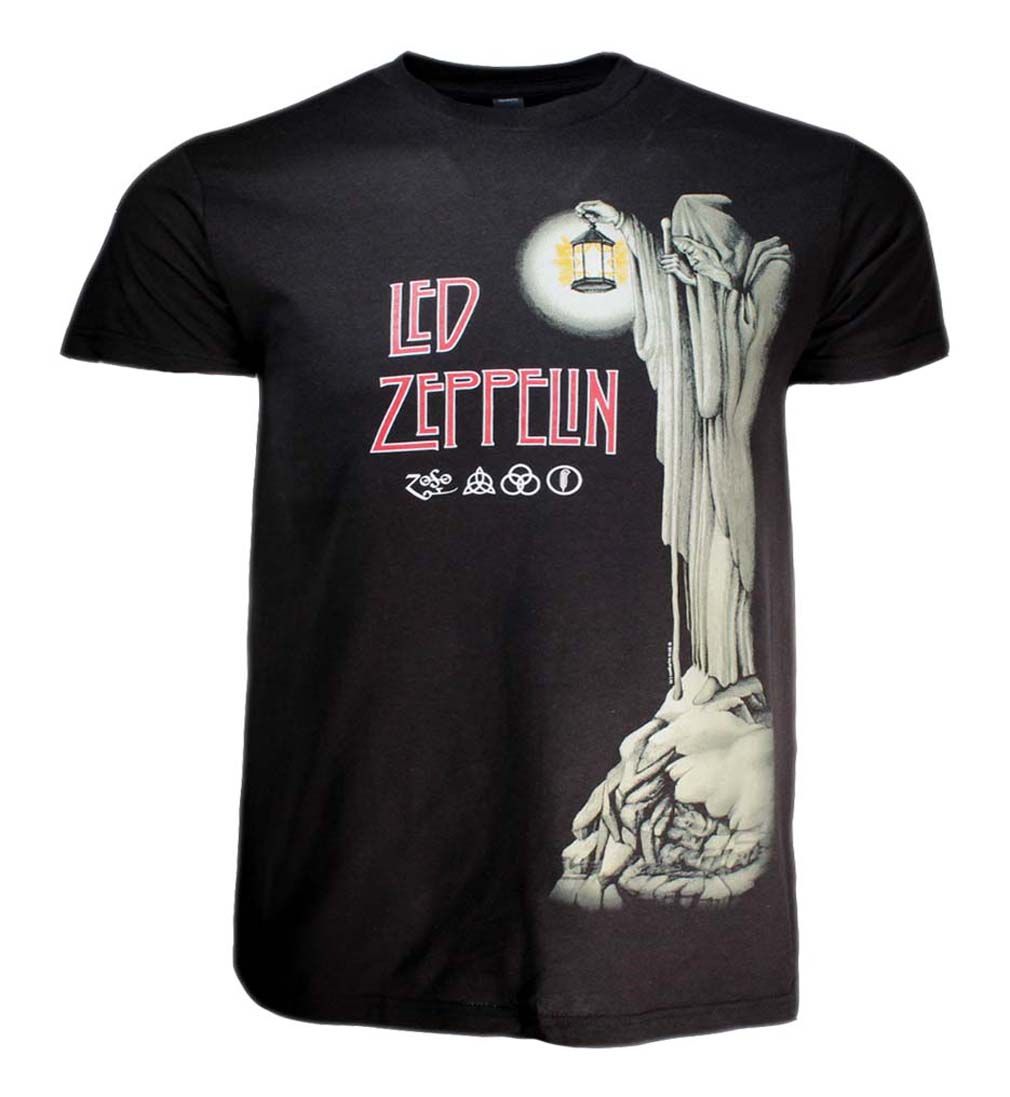
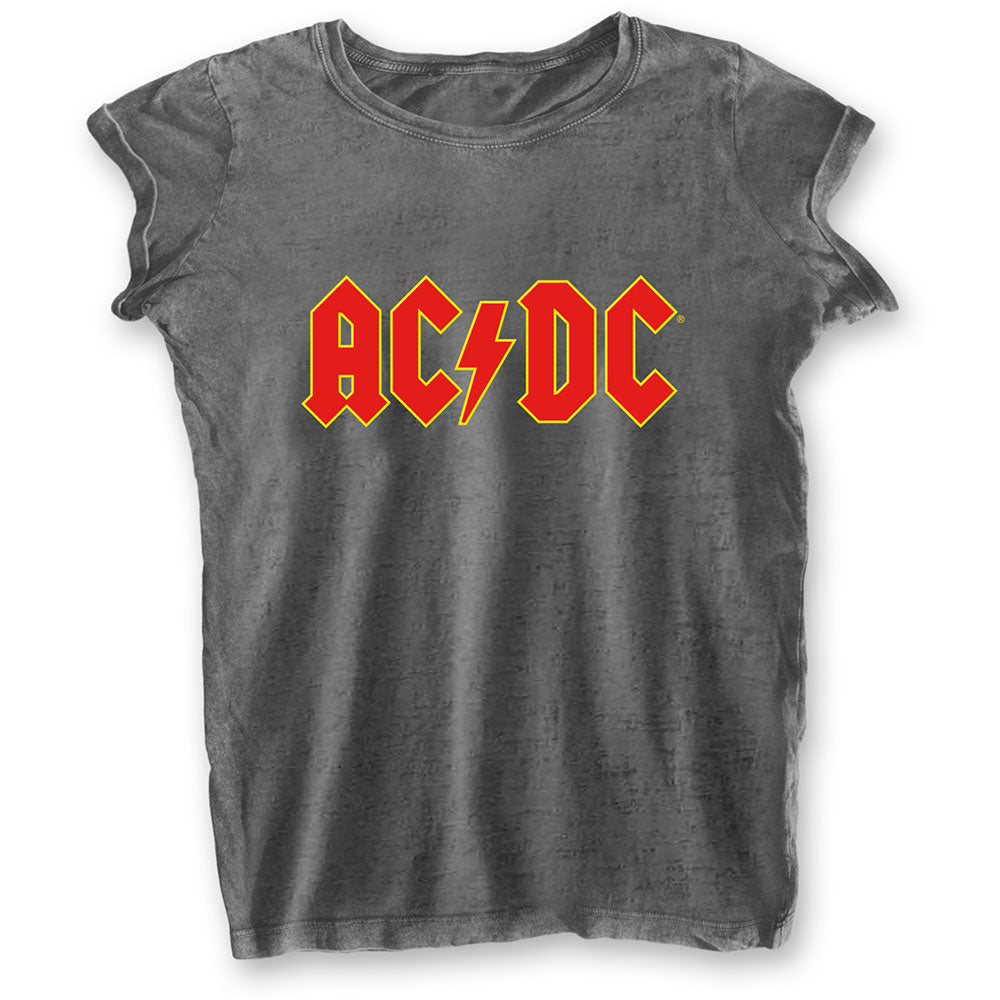







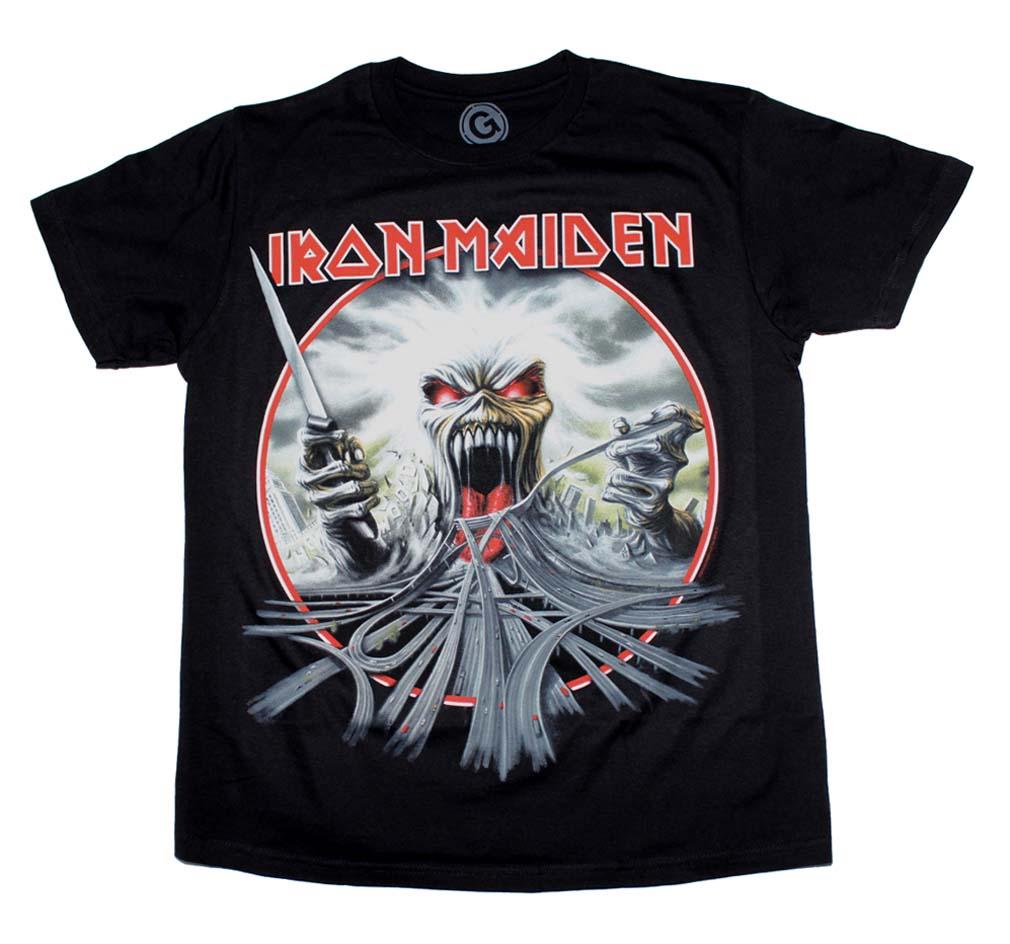


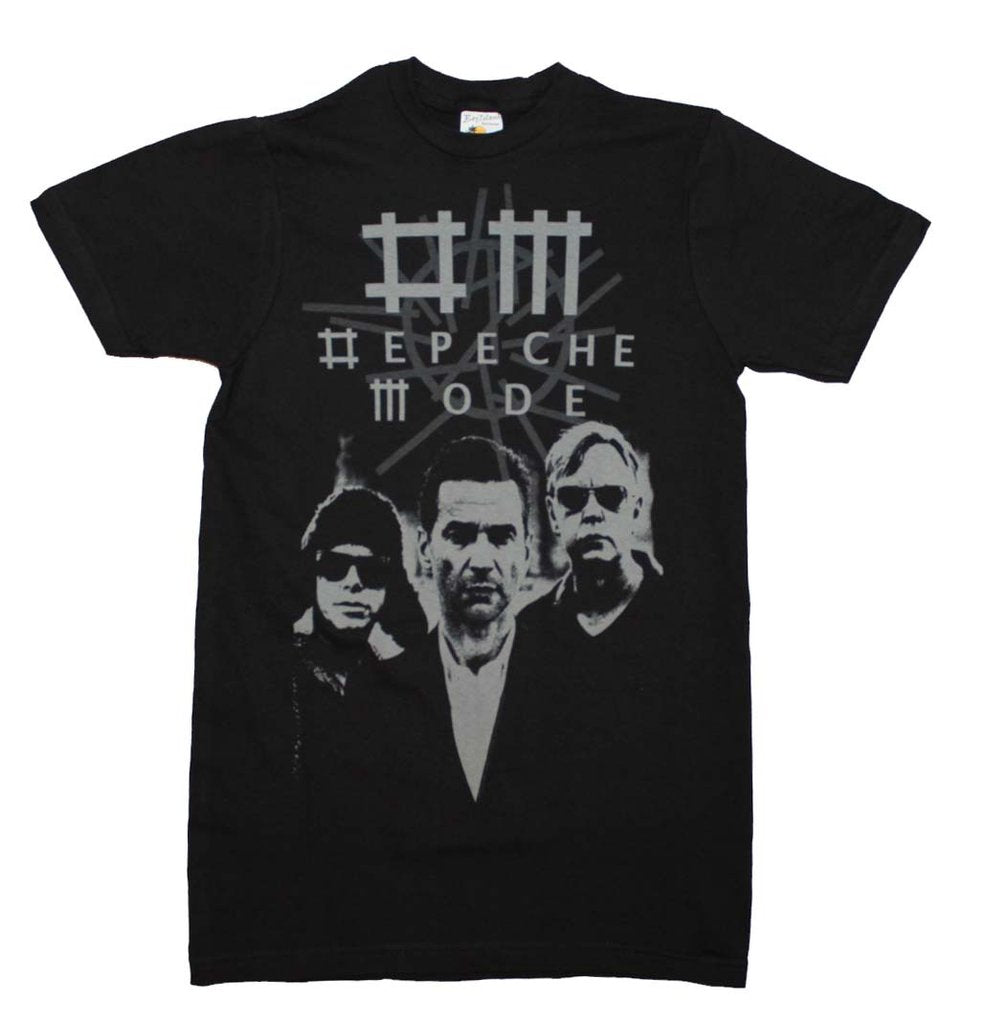




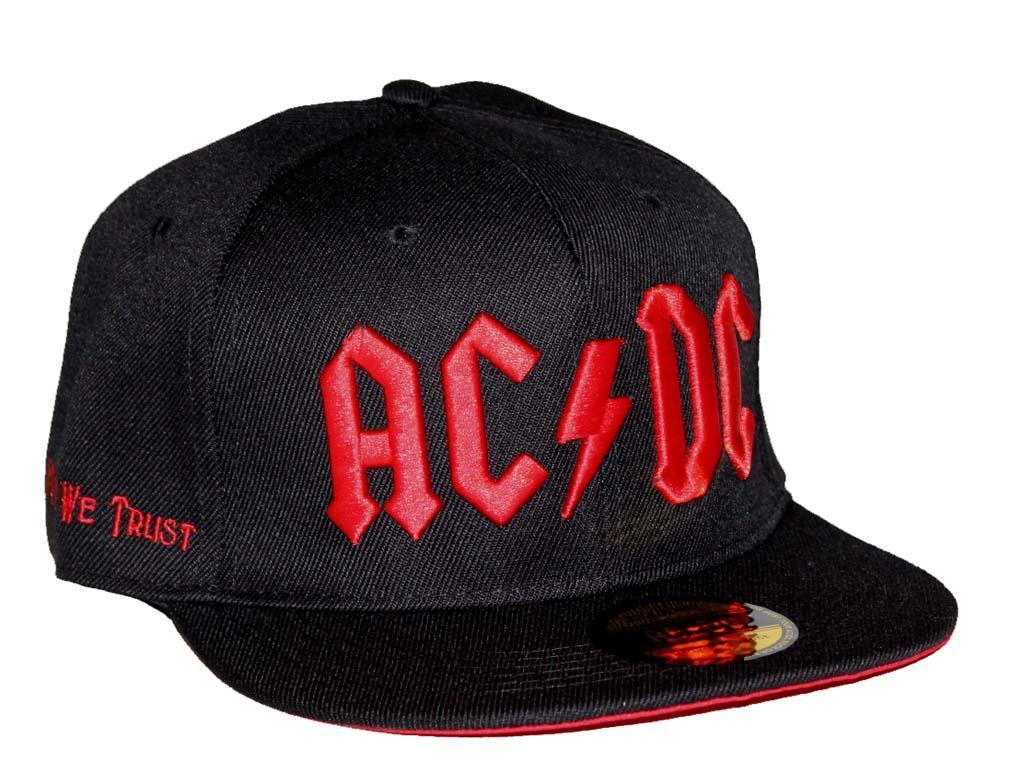
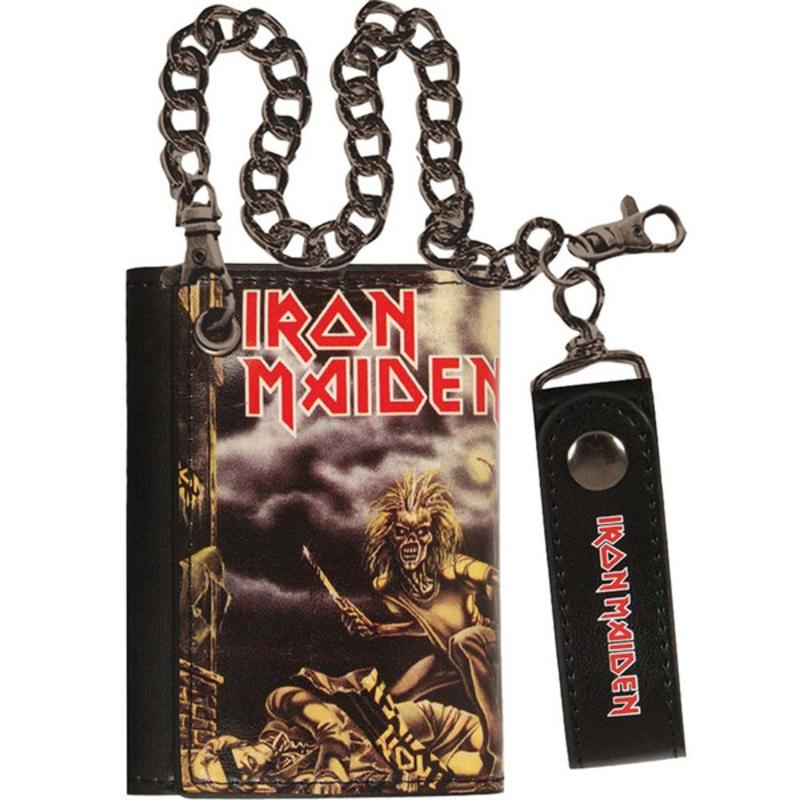


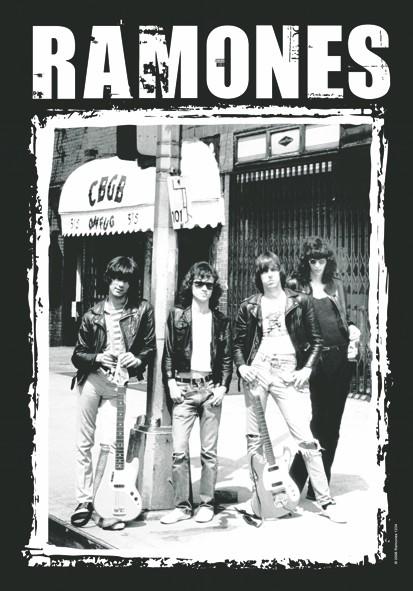
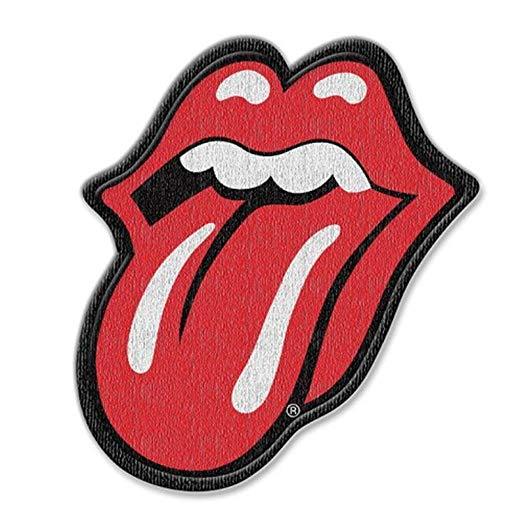

Comments
3 comments
bols brigitte
your comments look so intelligent… i don t know if it s really true but it s most interesting! thank you
Josie calamel
The only thing l must say leonard cohen was a gentleman ..mr dylan turn his back to the public many times .l cannot compare ..leonard cohen was the best for the Nobel price .so long ….Josie calamel
Robert
This article was well written. It covered deftly a large swath of the Cohen-Dylan story and made its point without beating one over the head with it. I like that the writer does not pit the two troubadours against one another and points out their mutual admiration. There are a few sentences I might change but not for any reason other than personal style. I appreciate such an article and while there are a few books on the two, I think articles like this one are better for anyone but the musicologists. One thing Cohen learned from his teachers was the art of brevity and knowing when to be silent. This article honors that important teaching.